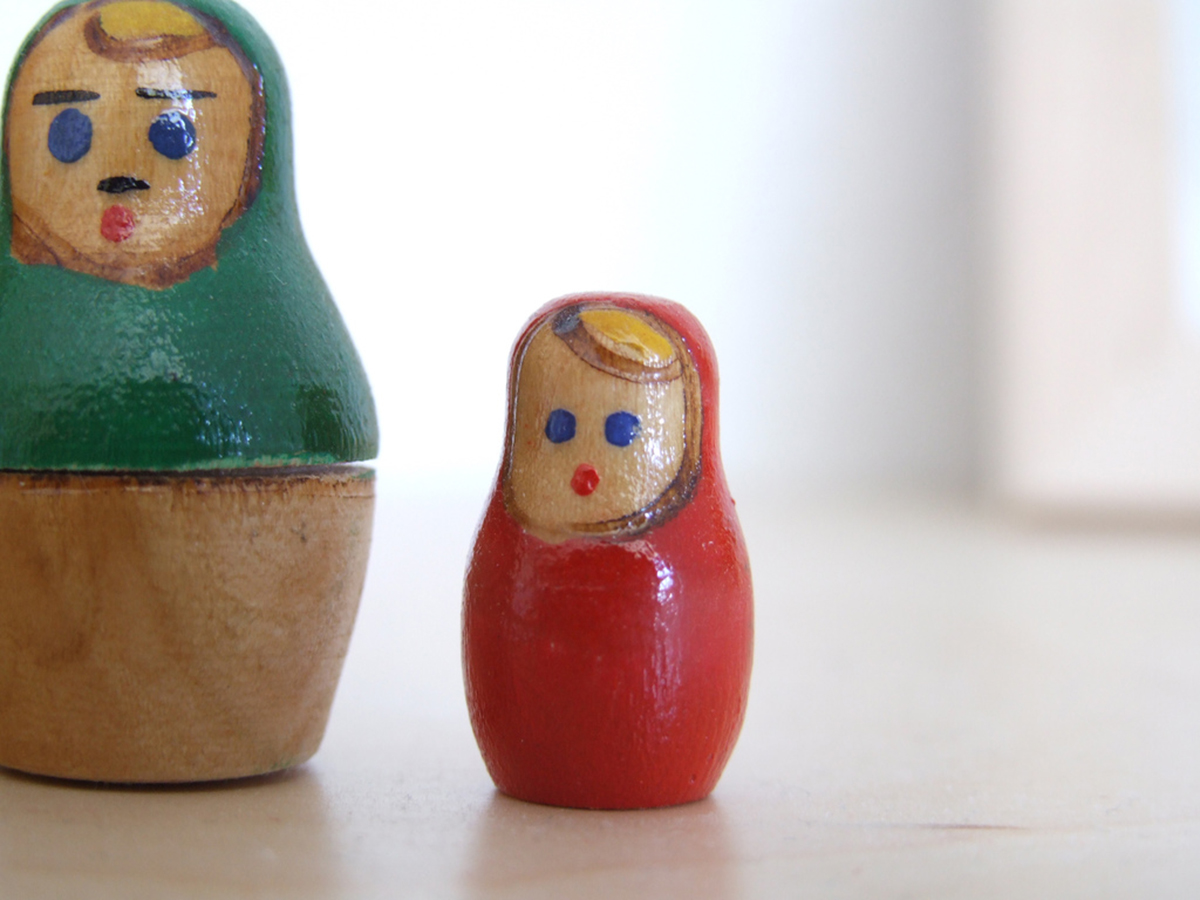The United States is considered to be a leader in many fields, but healthcare is not one of them. In most rankings, the US is about number 30, just behind Cuba. Russia could teach the US a few things. Here are five of them.
Russia is not a country known for healthy lifestyles. The culture of Russia is not one that fosters depression, self-pity, or self-indulgence. However, Russians care about their health just like anyone else, and in some ways, Russia does an exceptionally good job of providing for its citizens. Here are five ways in which the much-vaunted United States could learn from the Russian Republic.
1. Russians Get Vastly More Vacation Time
Americans get, on average, just 8.1 days a year in vacation time, and that tiny bit is not usually awarded the first year. Russians, like French, Lithuanians, Brazilians, and Finlanders, get a full 40 days a year (that's eight weeks) of vacation after they have been at the same job for 10 years, in addition to public holidays.

What are the health consequences for Americans who live in their "no vacation nation"? There are two ways not being able to take substantial vacations hurts Americans.
They don't get a chance to recover from workplace stress, whether it's office politics or carpal tunnel syndrome or exposure to unregulated toxic chemicals emitted into their workplace environments. Also, they don't benefit from the social interaction and opportunities for growth afforded by having two months a year off the job.
Americans tend to sneak in a vacation around holidays, which really should be spent enjoying family and friends or honoring one's country, but that's hardly the same as an extended period devoted to personal development and health.
What is wrong with not being able to take an extended vacation? Psychological studies conducted in Western Europe find that people only begin to unwind about the eighth day (second week) of their vacations. An average of 23 consecutive days off the job is necessary for a beneficial effect.
It isn't that American employers don't know about the benefits of extended vacations. In the Multiple Risk Factor Intervention Trial (MRFIT) trial in the United States, American researchers found that middle aged men at risk for cardiovascular disease who got to take a vacation at least once a year were:
- 17 percent less likely to die of any cause during the succeeding year, and
- 32 percent less likely to die of a heart attack during the succeeding year.
2. Russians Get Fewer Colds
As cold a place as Russia is, you would expect that Russians would get a lot more colds and flu during the winter. They don't. Why is this? While Russian people in general are skeptical of high-priced herbal medicines, they are experts in the use of teas. Siberian ginseng (which Americans, bizarrely, are required by law to call "eleuthero") and chamomile are favorite remedies, and they work. Siberian ginseng tonifies the immune system to produce the T-cells that fight infection rather than the T-cells that break down healthy tissues.
Chamomile, as long as it is brewed in a covered tea pot, to keep the volatile healing chemicals from escaping, is anti-inflammatory. It is soothing. It doesn't fight the virus, and it does not stimulate the immune system, but it relieves the itching, scratching, burning pain of a viral infection. Russians don't waste money on antibacterial soaps that cannot fight viral infections.
Three More Ways Russia Has A Healthier Lifestyle Than The United States
There are many examples of how the Western press simply does not report the situation in Russia accurately. Take, for instance, the issue of death rates in Russia. In 2003, the death rate among Russians was a little over 16 per 1,000 people. In 2014, it was between 13 and 14 per 1,000 people. The headline in Forbes magazine? "Russia's Death Rate is Soaring." Forbes and other biased publications aren't likely to report information like this:
3. Russian Fertility Rates Are Rising
When the Soviet Union dissolved into its constituent republics, the relative ranking of "Russia" among the populations of the world naturally fell, drastically, from about 300,000,000 to 150,000,000. The press in the United States, seeing the difficulties of the transition away from Communism in the 1990's, reports this statistic as if it were the result of the deaths of 150,000,000, with Russia as some kind of freakish dystopia where people have lost the will to live.

That simply is not the case. In fact, women now have more babies in Russia than in the United States. In 2012, the live birthrate in Russia passed above 13 babies per 1,000 people and continues to rise. Also in 2012, the live birthrate in the United States passed below 13 babies per 1,000 people and continues to fall. This doesn't mean that the average age of the population in Russia will not continue to rise, just as it will in the United States. However, the comparison of Russia to a "dying bear" in the American press seems, on the basis of the numbers, to be inept.
4. Accident Rates In Russia Need To Be Considered In Context
The reality is, it can be dangerous to be on the road in Russia. Nationwide, there are 18.6 deaths per 100,000 people every year. Ice, snow, poor weather conditions, and the difficulties of maintaining the tarmac in places where winter lasts eight and nine months of the year take their toll.
However, this does not mean that Russians are a gaggle of vodka-soaked drivers in broken-down cars. Let's consider the Alaskan example. Alaska has far fewer roads than Russia, so most of its travel, outside its meager and small cities, involves planes. The death rate among Alaskan plane travelers is 20 per 100,000 people every year. It is more dangerous to ride in a plane in Alaska than it is to ride in a car in Russia.
5. Healthcare In Russia Is A Non-Profit Activity
If you don't have health insurance in the United States, you are in a world of trouble. If you need a heart procedure, too bad, put up cash or go home and die. If you need chemotherapy for cancer and you don't have healthcare coverage, hope and pray some kindly doctor or some pharmaceutical company benevolence program will take care of you.
Frankly, hospitals in Russia don't have everything that can be found in hospitals in America. However, there is one important difference. In Russia, if they have it, and you need it, they will give it to you. In America, it's a matter of how much you or your insurers will pay.
- Gump BB, Matthews KA. Are vacations good for your health? The 9-year mortality experience after the multiple risk factor intervention trial. Psychosom Med. 2000 Sep-Oct
- 62(5):608-12.
- Photo courtesy of Peter Becker via Flickr: www.flickr.com/photos/peterbecker/233071629
- Photo courtesy of Torsten Mangner via Flickr: Torsten Mangner


Your thoughts on this